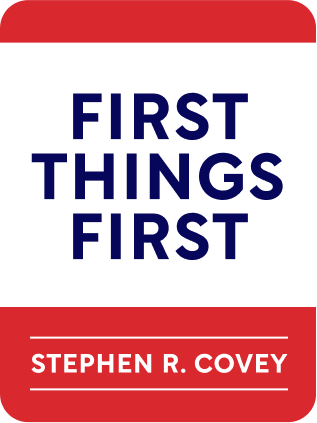

This article is an excerpt from the Shortform book guide to "First Things First" by Stephen R. Covey. Shortform has the world's best summaries and analyses of books you should be reading.
Like this article? Sign up for a free trial here .
What is the history of time management? How did time management approaches of today differ from those of the past?
In his book First Things First, Steven Covey talks about the history of time management approaches and their evolution through time. He breaks down past approaches into three generations, and offers a fourth generation that places emphasis on using your time effectively.
Keep reading to learn about the history of time management.
The History of Time Management
The history of time management spans four generations, each one building on the previous one and improving efficiency, but each with its critical flaws.
First Generation: Sticky Notes and Checklists
The first generation of time management uses different forms of reminders, like notes and to-do lists. This approach helps you keep track of all the tasks that get thrown at you and allows a fair amount of flexibility to add things to the list as needed.
But the first generation does little to prioritize tasks and views all tasks as equally valuable uses of your time. It also fails to take into account your larger vision and values, so “first things,” or priorities, tend to be whatever’s in front of you, at the top of the list.
Second Generation: Planners and Calendars
The second generation takes your to-do list a step further by using calendars and appointment books to schedule tasks. This approach improves both efficiency and effectiveness by offering a larger picture of your tasks and priorities than a one-dimensional to-do list.
However, the second generation’s heavy focus on the calendar can put your schedule ahead of important, unscheduled events and opportunities. You may schedule yourself so tightly that you view other people as interruptions and distractions that pull you off schedule.

———End of Preview———
Like what you just read? Read the rest of the world's best book summary and analysis of Stephen R. Covey's "First Things First" at Shortform .
Here's what you'll find in our full First Things First summary :
- How to work effectively, not just efficiently
- Why you need to think more about what you're spending time on than how much time you're spending
- The 6 steps to effectively schedule and prioritize important activities






